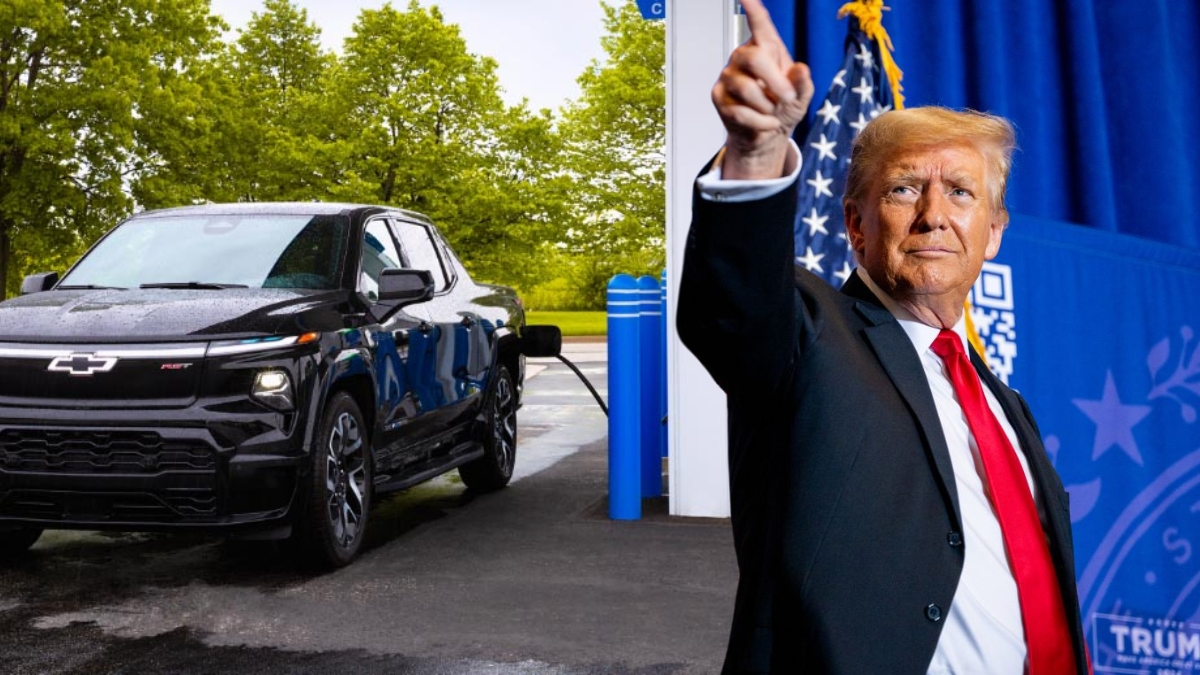Trump Is Not Only Cutting the EV Tax Credit, He Is Planning on “Fining” EV Buyers

Two new bills introduced in the Senate could completely change the landscape for electric vehicles (EVs) in the U.S. If passed, they would end the $7,500 EV tax credit and impose a $1,000 tax on new EV purchases.
The first bill targets the $7,500 tax incentive that has helped boost EV adoption. The lawmakers behind the bill argue it benefits the wealthiest Americans and gives too much power to China. However, proponents of the credit say it is vital for keeping the U.S. competitive in the EV market.
They argue that the credit, along with strict sourcing rules, has helped ensure American-made EVs are free from Chinese components. This approach has also created thousands of jobs in the U.S., especially in areas like North Carolina, where major EV-related projects are underway.
The second bill introduces a one-time $1,000 tax on new EVs. Sen. Deb Fischer from Nebraska, the lead sponsor, believes this tax is needed because EVs don’t pay fuel taxes, which help maintain roads. She argues the $1,000 charge would make EV owners pay their “fair share” of road upkeep, similar to how gas cars contribute through fuel taxes.
Fischer’s math seems to add up based on the average fuel economy and commute distances. For example, a typical passenger car consumes 552 gallons of gas annually, which would result in about $101 in federal fuel taxes. Over 10 years, that’s roughly $1,016. EV owners would pay $1,000 as a one-time fee, though EVs with larger batteries could incur extra costs due to their weight.
While Fischer’s plan appears reasonable on the surface, it may miss key details. It doesn’t account for drivers who don’t keep their cars for a full decade or those who drive more or less than average.
This new bill comes at a challenging time for the EV industry. Many automakers and drivers already feel under pressure with talks of eliminating incentives, and adding a $1,000 tax could turn some consumers away for good.
It’s important to note that these bills are far from certain to pass. But with the current political climate and the President’s focus on cutting back on government spending, there’s a real possibility they could go through. If they do, the U.S. EV industry could face some serious setbacks.
Have something to add? Let us know in the comments below!
